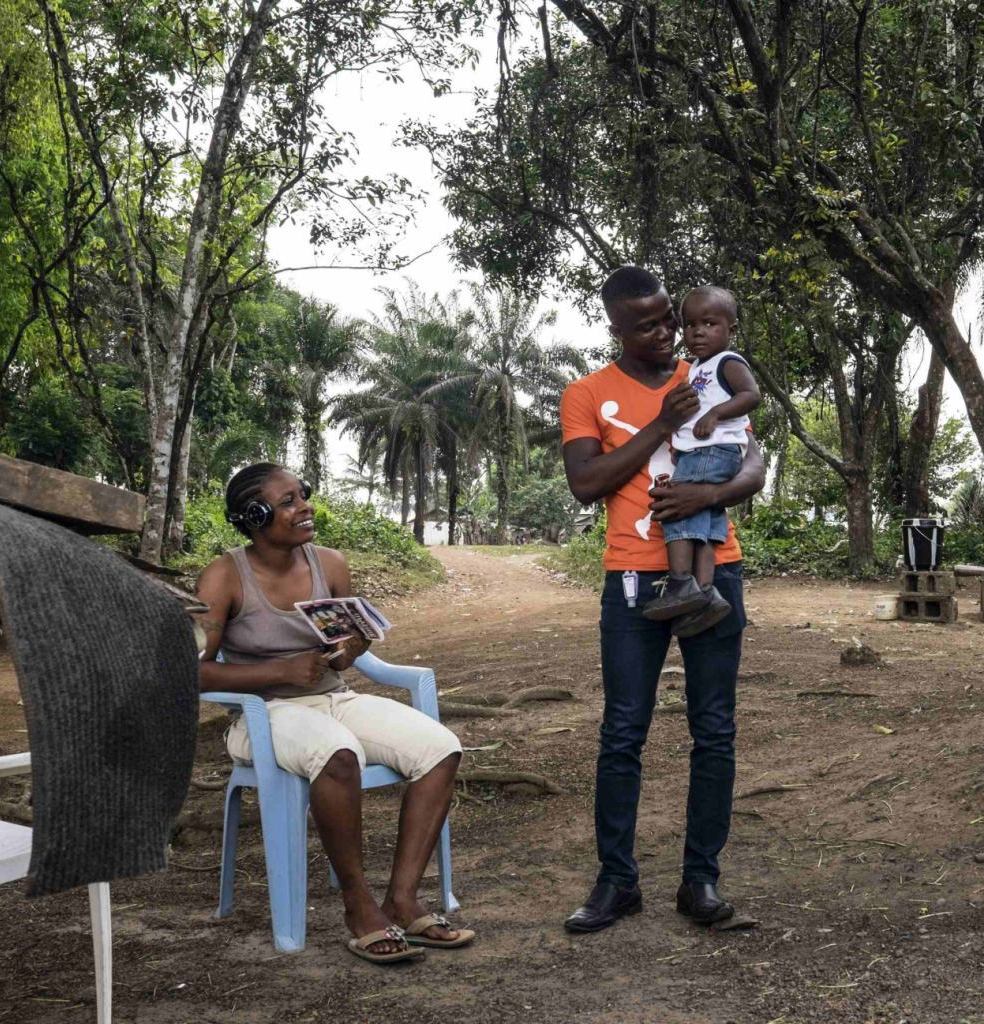
Nearly 30 countries ‘highly vulnerable’ to Ebola-style epidemic: charity
Almost 30 countries around the world are “highly vulnerable” to an Ebola-style epidemic, with Somalia, Chad, Nigeria, Afghanistan and Haiti most at risk, a major charity said on Tuesday. An increasingly mobile global population makes deadly outbreaks more likely, with the emergence of two new diseases a year that can be spread between animals and humans making stronger health systems crucial, Save the Children said. The charity’s report comes as political and development agency leaders gather in Brussels to discuss the Ebola crisis that has killed nearly 10,000 people and infected almost 24,000 others, according to latest World Health Organisation (WHO) data.
The world woke up to Ebola but now people need to wake up to the scandal of weak health systems.
Justin Forsyth, chief executive of Save the Children
To find countries most at risk of an Ebola-style outbreak, the charity compiled an index of the public health systems of the world’s poorest countries based on the number of health workers, government spending on health and mortality rates. Somalia ranked lowest with the index finding there is one health worker for every 6,711 people compared to one health worker for every 88 people in Britain. In Afghanistan, which was fourth lowest, public spending on health is $10.71 per person a year compared to more than $3,000 in Britain. The WHO says governments should spend a minimum of $86 per capita on health, but Liberia spends $19.5, Sierra Leone spends $15.9 and Guinean spends $9 per capita, according to the Save the Children report.
In the past, there has been a desire to deal with urgent problems, but not address the chronic health care issues that underlay why these outbreaks occur.
Brendan Cox, director of policy and advocacy for Save the Children

Health Ebola